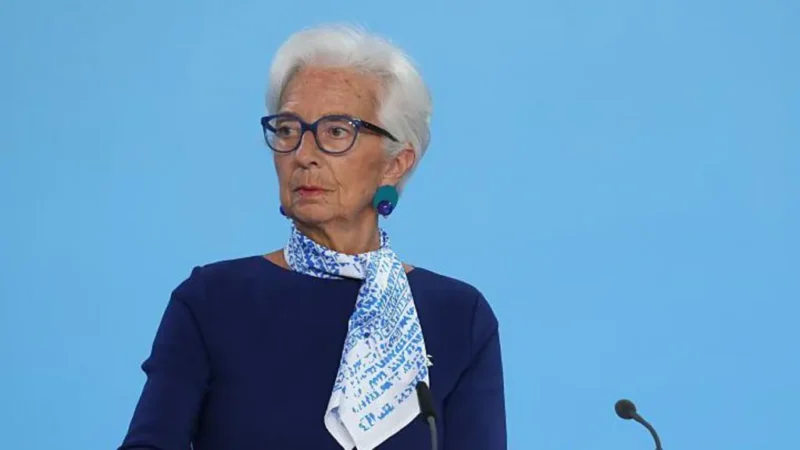U.N. chief warns Earth of a global boiling era.

On July 27, U.N. Chief Antonio Guterres urgently called for radical action on climate change, emphasising that the record-breaking temperatures in July indicate a shift into an “era of global boiling.” Speaking in New York, he described the intense heat across the “Northern Hemisphere” as a “cruel summer.” The impacts of climate change have aligned with scientists’ predictions, and Guterres noted that the only surprising aspect is the rapidity of these changes.
In the face of the tragic consequences of climate change, Guterres reiterated his call for swift and far-reaching action, particularly targeting the fossil fuel industry. As he prepares to host the Climate Ambition Summit in September, Guterres urged developed countries to commit to achieving carbon neutrality as close to 2040 as possible and for emerging economies to strive for the same goal by 2050. He emphasised that the devastation caused by human activities should serve as motivation for action rather than despair, urging humanity to transform a year of burning heat into a year of burning ambition.
According to United Nations and European Union monitors, July is expected to become the hottest month in recorded history and possibly “unprecedented” for thousands of years, providing a glimpse into the world’s future climate. The scorching heat, exacerbated by global warming, has led to extreme weather events and wildfires across Europe, Asia, and North America.
The first three weeks of July have already recorded global average temperatures surpassing any comparable period. The World Meteorological Organisation and Europe’s Copernicus “Climate Change Service (C3S)” predict that July 2023 is highly likely to be the hottest July and the hottest month on record. The temperatures have been remarkable, with an anomaly so significant that scientists are confident the record will be shattered even before the month ends.
Global warming, attributed to the burning of fossil fuels since the late 1800s, has intensified heatwaves, making them hotter, longer-lasting, and more frequent. It has also exacerbated other extreme weather events, like storms and floods.
Guterres’ call for immediate action underscores the urgency of addressing climate change to prevent further catastrophic consequences. The scientific evidence highlights the unprecedented nature of current climate conditions, necessitating global cooperation and commitment to combat the growing climate crisis.






